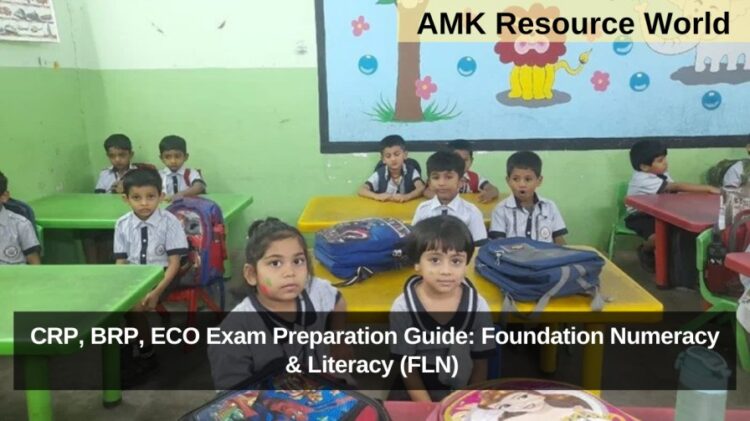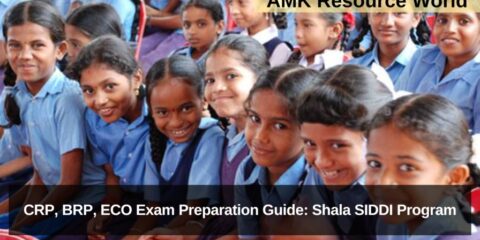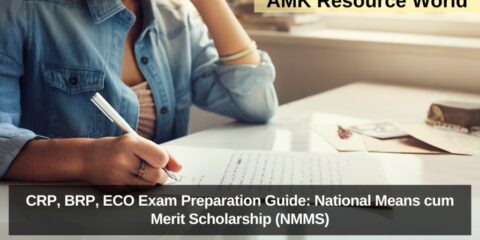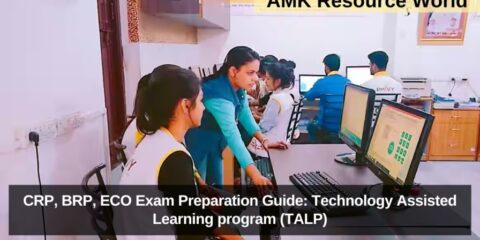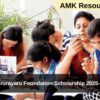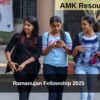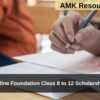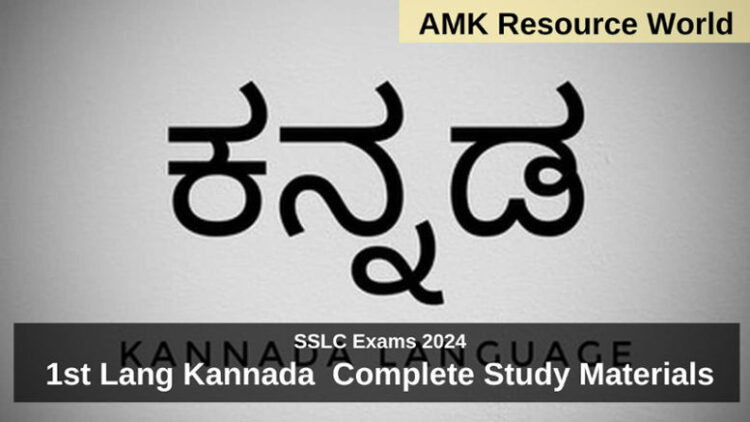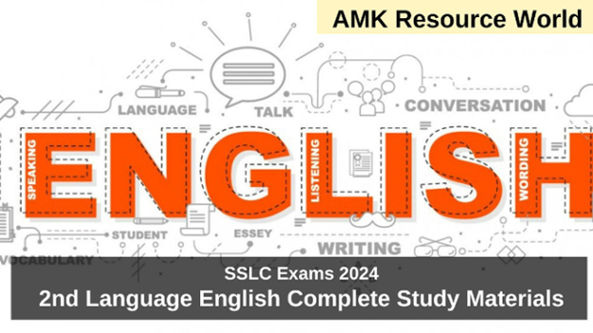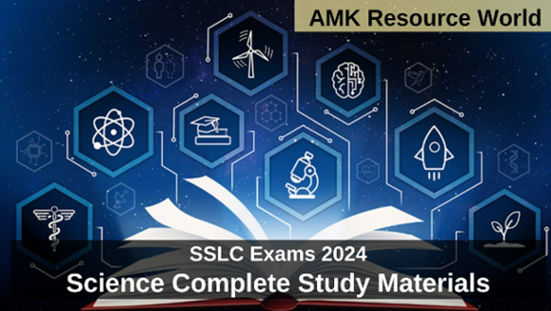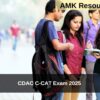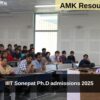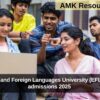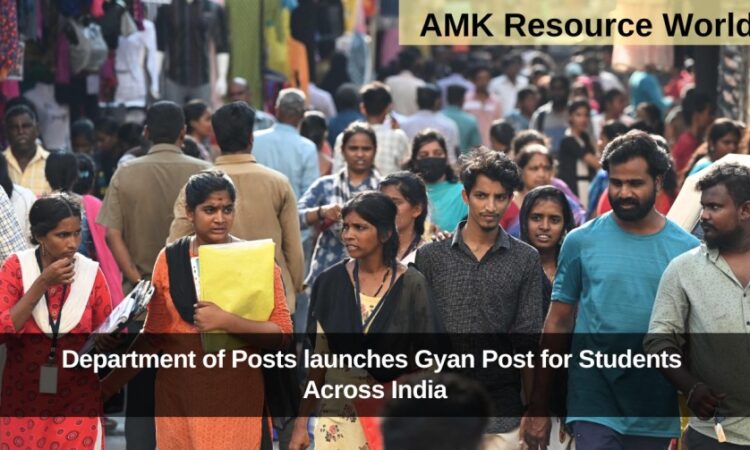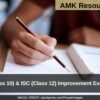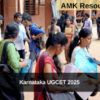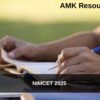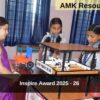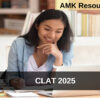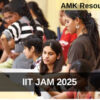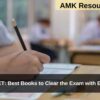Foundational Literacy and Numeracy (FLN) refers to the ability of children to read with understanding and solve basic mathematical problems by the end of Grade 3. It forms the bedrock of all future learning, enabling children to transition from “learning to read” to “reading to learn.” Without strong foundational skills, children are more likely to struggle in higher grades, leading to a lifetime of academic and socio-economic disadvantages.
FLN is recognized globally as a critical milestone in a child’s education. The National Education Policy (NEP) 2020 of India places a strong emphasis on achieving universal FLN skills by 2026–27. This vision is being implemented through the NIPUN Bharat Mission (National Initiative for Proficiency in Reading with Understanding and Numeracy), launched by the Ministry of Education, Government of India. It aims to ensure that every child in the country attains foundational literacy and numeracy by Grade 3, regardless of their socio-economic background.
Foundational Literacy includes oral language development, phonological awareness, print awareness, decoding, vocabulary, fluency, and comprehension. These skills are built through activities like storytelling, rhymes, shared reading, and exposure to print-rich environments. Language development begins with listening and speaking, gradually moving toward reading and writing. The use of a child’s home language or mother tongue in the early years is vital for effective comprehension and expression.
Foundational Numeracy focuses on number sense, counting, pattern recognition, operations (addition, subtraction), spatial understanding, measurement, and data handling. Children develop numeracy through hands-on experiences using objects, manipulatives, and real-life contexts that help them relate abstract concepts to concrete experiences. Emphasis is placed on building understanding, not just memorization.
The success of FLN depends largely on the quality of teaching and learning practices. Activity-based, play-based, and experiential learning approaches are encouraged. Regular formative assessments, like observational records, worksheets, and oral questioning, help track a child’s progress and guide remedial instruction. Teacher training is equally important, and programs like NISHTHA are helping build capacity in foundational pedagogy.
Creating an enabling environment is essential for achieving FLN. Classrooms must be inclusive, joyful, and equipped with age-appropriate Teaching Learning Materials (TLMs). Parental involvement also plays a significant role. When families are engaged in their children’s learning, outcomes improve significantly.
The benefits of strong FLN outcomes are far-reaching. Children who acquire foundational skills early are more likely to succeed academically, stay in school longer, and enjoy better life opportunities. On a national scale, FLN improves human capital, supports social equity, and drives economic development.
FLN is not just a basic educational goal but a moral and social imperative. It lays the foundation for lifelong learning and holistic development. With collaborative efforts from educators, policymakers, parents, and communities, we can ensure that every child receives the tools they need to unlock their full potential through foundational literacy and numeracy.
MULTIPLE CHOICE QUESTIONS WITH KEY
| FLN MCQ | CLICK HERE |
RESOURCE HANDBOOKS
| Handbook 1 | CLICK HERE |
| Handbook 2 | CLICK HERE |
| Handbook 3 | CLICK HERE |
| Handbook 4 | CLICK HERE |
| Handbook 5 | CLICK HERE |
| Handbook 6 | CLICK HERE |
